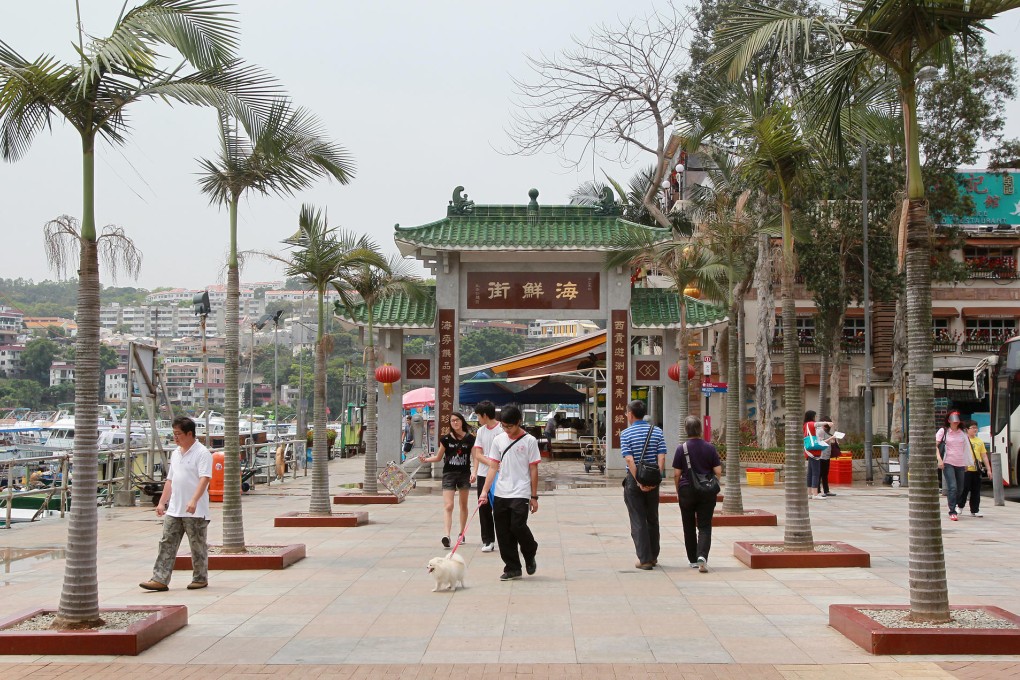Letters to the Editor, December 27, 2013
Travel involves risk, and fate dealt those Hongkongers in the Manila tour group tragic cards on August 23, 2010 when they became victims in the Rizal Park hostage-taking incident.

Travel involves risk, and fate dealt those Hongkongers in the Manila tour group tragic cards on August 23, 2010 when they became victims in the Rizal Park hostage-taking incident.
He is overstepping his position if he thinks he can bring "Manila to heel" to apologise. Governments are loath to humble themselves, especially to outsiders, and similarly the Hong Kong government has not apologised to its own people for the shortcomings of its officials in relation to the Lamma ferry disaster in October 2012.
Filipinos contribute greatly to Hong Kong by their work, as tourists and with their buoyant and compassionate personalities. Hong Kong would be a much poorer society without them.
I find it crass that Chan uses the victims of this tragedy to promote himself and uses the protection afforded by his position in the Legislative Council to make divisive and discriminatory statements.
I trust that the administration will not support Chan's private member's bill.